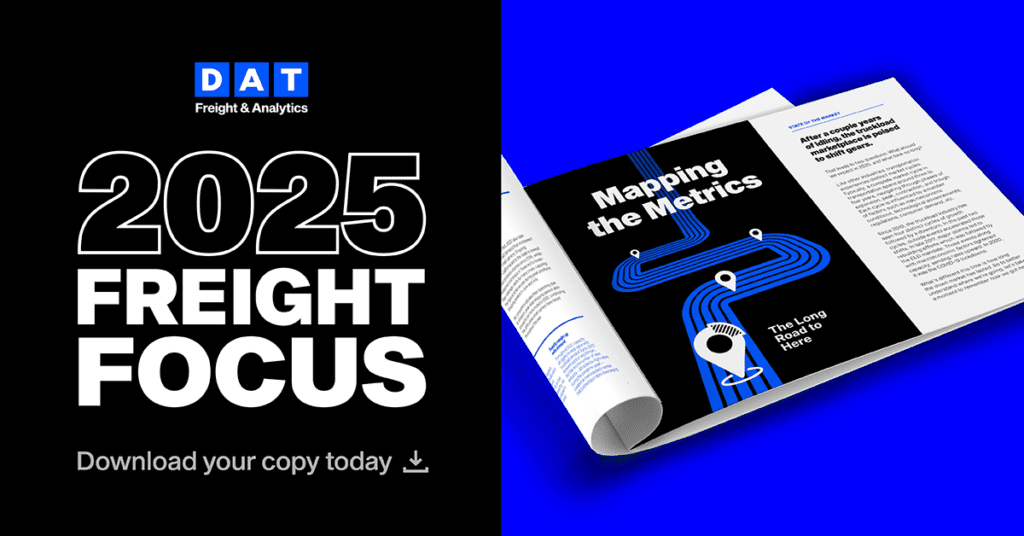Some refineries are still closed, as are many factories that make basic petrochemicals, including ethylene and propylene, that are essential to manufacturing plastic resins. Those plastics are also manufactured in Houston and elsewhere along the Gulf Coast. Much of this material is typically transported by rail, and railroad service has not yet been fully restored. So even when manufacturing is back up and running, the storage tanks are full and there’s no way to empty them to make room for new stock.
Some industries, including petrochemical and plastic manufacturing, are slow to come back on line. Railroad service has yet to be fully restored in Houston and nearby Beaumont, so trade with Mexico is being re-routed or delayed. Some products that ordinarily move by rail are now going on trucks, and other items — cotton, for example — were stored in warehouses that flooded, ruining the product.
Because of these and other storm effects, trucks are likely carrying a different mix of cargo out of Houston. At the same time, pent-up demand makes freight movements more urgent, but some roads are still closed. So, even though rates have receded with the flood waters, trucks are still getting paid more than usual to haul freight into and out of Houston and other Gulf Coast markets.

